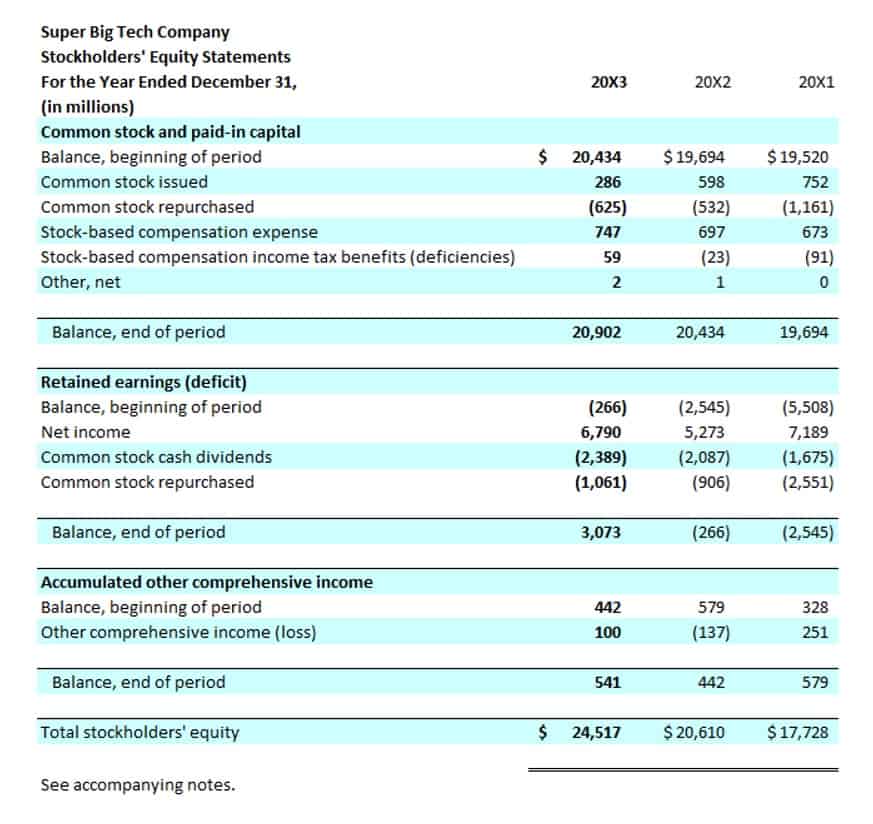
After accounting for all tax deductions, this is the amount of money she will have available for savings, investments, and everyday expenses. A key financial aspect that affects each individual and organization is after-tax income. It describes the leftover earnings when federal and state taxes, including withholding taxes, are subtracted from the gross earnings.
Economic Inequality - Our World in Data
Economic Inequality.
Posted: Fri, 07 Jul 2023 08:39:47 GMT [source]
Maximizing Deductions
Founded in 1993, The Motley Fool is a financial services company dedicated to making the world smarter, happier, and richer. The Motley Fool reaches millions of people every month through our premium investing solutions, free guidance and market analysis on Fool.com, top-rated podcasts, and non-profit The Motley Fool Foundation. A financial professional will offer guidance based on the information provided and offer a no-obligation call to better after tax income definition understand your situation. Our mission is to empower readers with the most factual and reliable financial information possible to help them make informed decisions for their individual needs. The articles and research support materials available on this site are educational and are not intended to be investment or tax advice. All such information is provided solely for convenience purposes only and all users thereof should be guided accordingly.
- Any business with employees must withhold payroll taxes from its employees' paychecks and pay applicable federal, state, and local taxes.
- Certain individuals and pass-through businesses relocate to low-income tax states in order to maximize their earnings.
- These rules apply to the owner's paychecks as well if the business isn't incorporated and there are no employees.
- After-tax income is important to individual taxpayers because it's the amount of money you have to pay your bills and, if you're able, to save and invest.
- In this case, it would also take into account other taxes, such as state and local income taxes and property taxes.
Dozens reported killed in Israeli strike on Rafah
- The FUTA tax rate is 6.0% and it's imposed on the first $7,000 of wages for each employee.
- As an aside, unlike the federal government, states often tax municipal bond interest from securities issued outside a certain state, and many allow a full or partial exemption for pension income.
- Although the concept of after-tax income seems straightforward, the term can be used in different ways to mean different things.
- It helps determine how much you can comfortably allocate towards debt without straining your budget.
- FICA taxes are unaffected by the number of withholding allowances claimed by an employee, unlike federal and state taxes.
- This is the amount available to the company for dividends to shareholders, reinvestment, or saving.
After-Tax Income is the amount of money an individual or business has left over after all federal, state, and withholding taxes have been deducted from taxable income. After-tax income has significant implications for personal finance, influencing budgeting, savings, https://www.bookstime.com/articles/negative-retained-earnings investment decisions, and debt repayment. Payroll tax refers to various taxes that are withheld from an individual's paycheck. That definition often includes income taxes, although the term is sometimes limited just to FICA taxes for Social Security and Medicare.

After-Tax Income in Retirement Income Planning
If a company does allow the conversion of unused PTO, accumulated hours and/or days can then be exchanged for a larger paycheck. Deductions can lower a person's tax liability by lowering the total taxable income. If you’re still unsure whether certain types of income are taxable or which tax planning strategies are right for you, you may want to seek advice from a tax professional. Your after-tax income gives you a clearer, more realistic picture of your financial status, enabling better budgeting and financial planning. For individuals, it directly affects their standard of living, their ability to save for future goals (like retirement, education, or buying a home), and their general financial health and stability. Budgeting without considering after-tax income can lead to overspending, insufficient savings, and financial stress.
Do you own a business?
Your after-tax income would be $7,500 - ($7500 x 0.25), or $7,500 - $1,875, which is $5,250 in after-tax income. For information pertaining to the registration status of 11 Financial, please contact the state securities regulators for those states in which 11 Financial maintains a registration filing. It's your responsibility as a business owner to determine which is appropriate for your business. Using the wage bracket tables is generally easier, although the percentage tables accommodate more payroll periods (from daily to semiannually). This test refers to the way the employer and the worker perceive their relationships. The worker is an independent contractor if the employer/worker relationship is expected to last only until the end of a certain project or for a specified period.
The FUTA tax rate is 6.0% and it's imposed on the first $7,000 of wages for each employee. However, you can claim credits against your gross FUTA tax to reflect the state unemployment taxes that you pay. You're allowed to claim a 5.4% credit that effectively reduces your FUTA tax rate to 0.6% if you pay your state unemployment taxes when they're due.
- A key financial aspect that affects each individual and organization is after-tax income.
- This is because it’s also how much money you have to put back into the economy in the form of your consumer spending.
- Higher after-tax income may lead to increased savings or investments, providing more significant potential for wealth accumulation.
- If you work a full-time job where your taxes are taken out of your paycheck, you may just use the amount of your paycheck to calculate your after-tax income.
- This financial measurement is crucial for budgeting and financial planning, as it provides a clear picture of the disposable income available for personal or corporate use.
- After-Tax Income and Net Income are often used interchangeably in personal finance, but they can mean different things in a business context.
- If you’re still unsure whether certain types of income are taxable or which tax planning strategies are right for you, you may want to seek advice from a tax professional.
TURBOTAX ONLINE/MOBILE:
Which of these is most important for your financial advisor to have?

